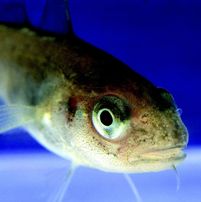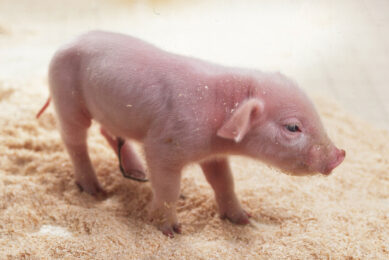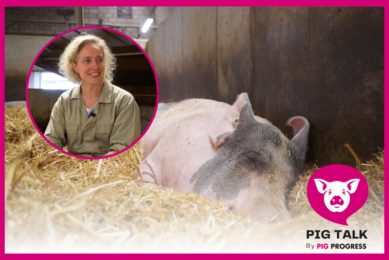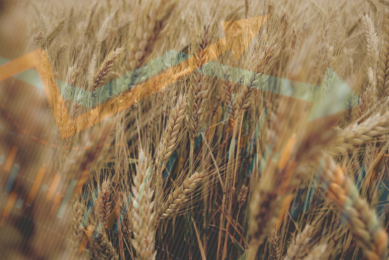Aquaculture boom comes with challenges

The use of melamine contaminated feed on some US fish farms addresses the challenges facing the booming aquaculture sector. This issue among others will be discussed during a three day aquaculture conference organised by FAO.
incidence of blacklisted antibiotics in some imported catfish illustrate
the importance of ensuring product safety in fish farming-the most rapidly
growing food production sector for over a decade now-according to Lahsen
Ababouch, a fish product safety expert with FAO.
“Today’s global chain of
fish production and supply is extremely complicated,” says Ababouch. “With
nearly half of all fish eaten today coming from farms, and some 12 million
people dependent on fish farming for their daily income, ensuring that farmed
fish products are safe to eat and of the highest possible quality is
crucial.”
FAO conference
Safety and quality over the entire
length of the fish supply chain is one of the main issues to be discussed this
week at a three-day aquaculture trade conference in Qindao, China
organized by FAO and the Chinese Ministry of Agriculture (Qingdao, 29-31 May).
It will include sessions on managing fish health at the farm level, the
increasingly complex international regulatory frameworks governing aquaculture
imports, and how to establish fair traceability and labelling systems to let
retailers and consumers know a fish product’s provenance.
A number of
other issues will be discussed as well, such as the globalization of the world
fish supply chain, market trends contributing to aquaculture’s ongoing boom,
environmental and sustainability issues, and growing competition between
aquaculture, poultry farming and livestock for fish oil used in
feed.
44% of all fish eaten comes from farms
The
amount of fish supplied by farming has skyrocketed in recent years, says Rohana
Subasinghe, an aquaculture specialist with FAO. In 1980 just 9% of the fish
consumed by human beings came from aquaculture. Today 44% does, he noted.
FAO
believes that responsible aquaculture is key to meeting the world’s growing
demand for fish and reducing pressure on stocks in the
wild.
Related websites:
FAO











